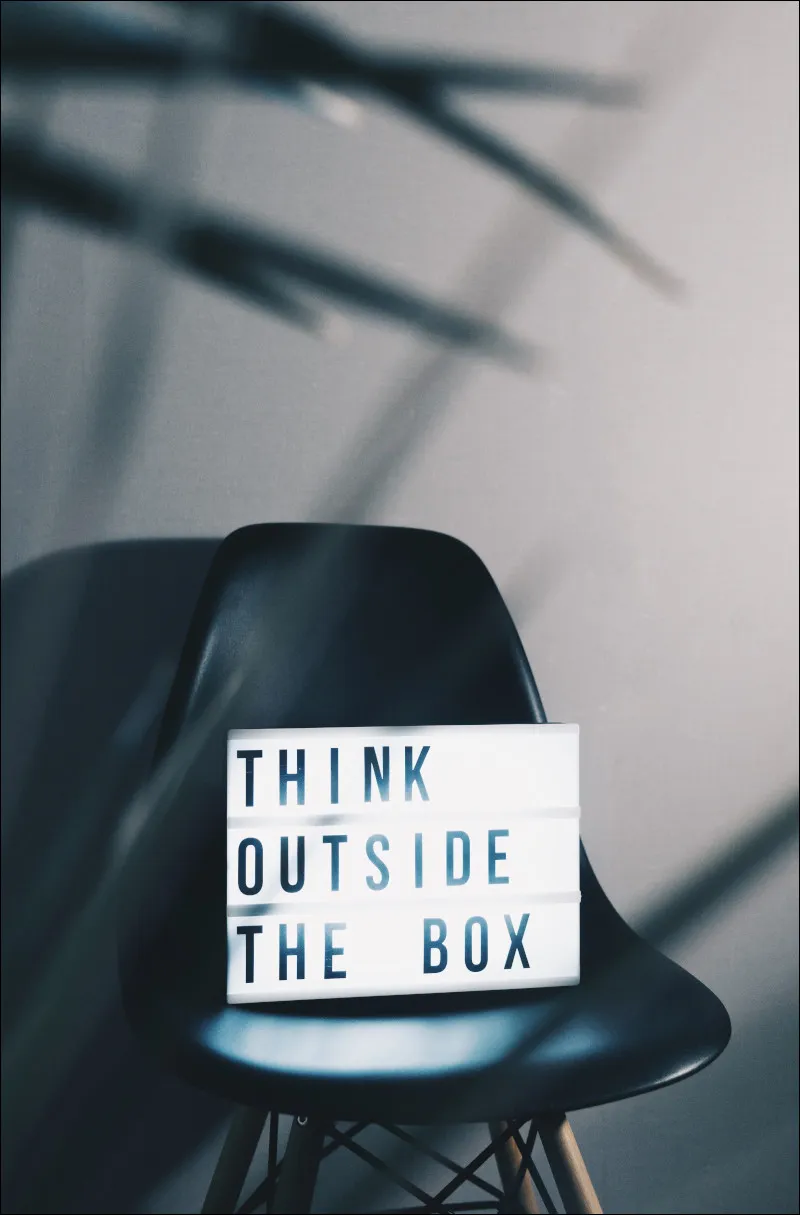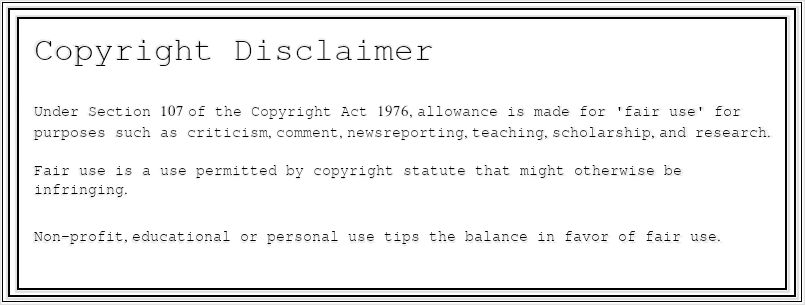
JIMMY IOVINE

I made a lot of mistakes, who doesn't? I don't care about the mistakes, I care about the overall thing. While you're making mistakes, you learn by them and you move on.

The first part of Criterion will be delving a little deeper into the first interview of the Blueprint series which features Jimmy Iovine. The post will have three tables which will highlight the values and principles shared from the different parts of the interview. I'll be marking certain points and expanding on them further below the table, with my own opinions, further references and statements from the interview, and sources or links to educate further.
I plan to encourage readers to expand further on the values from the table in the comments. To reduce the amount of reading, I'll only be sharing one point from each table. However, each post will share the Blueprint video for anybody who wants to dig even further.
Hopefully, we can turn each Criterion post into a mine full of golden wisdom nuggets for the future.
START SPINNING

The beginning of the interview explores Jimmy's initial steps and how he paved the way for his success. He found himself venturing into sound engineering after less fortunate successes in previous jobs, and by 22 years of age, he found himself in the studio with the likes of Springsteen and John Lennon. He began learning the skills for creating genuine relationships, which in turn provided one of the tools of success for his future.
You're there to make their project better and part of that is caring as much about their music as they do.

| FOUNDATION |
|---|
| 1. Understand your fear |
| 2. Show your dedication |
| 3. Know your role |
| 4. Protect your artist |
PROTECT YOUR ARTIST

In the role of producer, as Jimmy states, it is imperative that you understand and support what your artist is trying to create. To do this you have to spend a lot of time interacting and connecting with them. He states towards the beginning, when he truly connects with certain people, he can really get something done.
This level of genuine understanding and interaction creates a baseline for creativity and flow to glide.

Bringing his points from 'know your role' forward, he also states the importance of delivering honest feedback. You may not be right, but you have to say it because of your role. There is a great deal of significance for using honest feedback when creating longstanding strong relationships. Flattery doesn't help you or the other person and it ultimately hinders honest constructive growth.
MOVING ON

In the next part of the interview, Noah Callahan-Bever asks questions which dive into the mid-way point of Iovine's story. They discuss the issues which can become evident from managing artists and Jimmy sheds light on his approach and principles when it comes to this. People are responsible for their own sobriety.
Deciding when to move on can be a decision with attached doubts and difficulties, something daunting and off-putting for anybody. The production years come to an end in the studio and Jimmy expresses his reasons for leaving those years behind to become a label executive.
Go with things that you like, help in ways that you can help.

| STORY |
|---|
| 1. Trust your gut |
| 2. Look for opportunities |
| 3. Don't compromise |
| 4. Bring new energy |
| 5. Define success |
BRING NEW ENERGY

Kicking straight off with the statement Iovine makes in the interview; "I wanted to build our business with our eyes". He talks about creating Beats alongside Dre and how they wanted to bring new exciting energy to headphones. They tapped into the original market in a way which flipped the script.
We were looking at it as motivation, we were looking at it as emotion. We wanted to sell something that would get you off your ass.

Innovating on top of existing models and platforms is nothing new. There are many accounts of this over the years, especially within the tech industry, which show the possibility for improvement and greatness if you can tap into a different wavelength compared to the predecessor.
Taking a different path, or utilizing something which was missing from the previous idea, can prove to be beneficial and worthwhile for the end user. The important points to note are the practicalities and necessities of added material.

Pivoting within your career can be highly rewarding. The injection of new energy and change can resurrect your spirits while also introducing various new opportunities to your present moment. Boredom is a cue, you always should contemplate why you're bored.
Look at a great DJ, what makes him great is that he gets bored before the audience and he changes the song. He looks like a magician.
GROUNDBREAKING

Entering into the final part of the interview, the back and forth turns to the current position of Iovine and the efforts he currently partakes in with Apple Music. They discuss the utilities and the downfalls of the music industry, along with the fears that he has for the future.
A statement which rings through strongly is...
He expresses that there are limitations and stresses that are weighing heavily on creativity within music and he shows a definite concern for it traveling down a dark road. To finish, he expresses the power of fear, which we will be digging into in just a moment.

| RENOVATIONS |
|---|
| 1. Think forward |
| 2. Honor your promises |
| 3. Turn fear into a tailwind |
| 4. Don't have a rearview mirror |
TURN FEAR INTO A TAILWIND

Self-doubt is a powerful thing and it's one of the main motivators in entrepreneurs. The ability to turn fear and doubts into drive is hugely significant when you want to approach risk and change.
There are ancient narratives spread across literature, which tell stories of war chiefs and commanders burning their own ships when they land for battle. This represents the burning of bridges behind you and providing no option but to win or perish. Great power comes from a radical change in perspective.

Fear can arise in any situation and more often than not it is a surprise. At the very beginning of the post, there is a quote which shows the importance to keep moving forward regardless of mistakes. This can be represented further by using the power of fear with one of the final points made by Iovine.

With a rearview mirror you're taking victory laps, and those are a waste of time.
Momentum and drive require a mixture of doubt, insight, inspiration, and emotion, amongst a pot full of other factors which you develop and hone over time. The only definite factor which you can control is how you think and what you think about.
COMPLEX

The Criterion series is a review and closer look at some of the points highlighted in Blueprint, a Youtube series created by Complex.
I have no association with Complex and I'm not sponsored in any way. The use of their video is for educational purposes as a way to expand further on some of the points highlighted in the interview.
In the premiere episode of 'Blueprint,' legendary music exec Jimmy Iovine sits down with Complex Editor-In-Chief Noah Callahan-Bever to talk founding Interscope Records with artists like Tupac & Marilyn Manson, the motivation behind Beats by Dre and being obsessed with streaming music.

